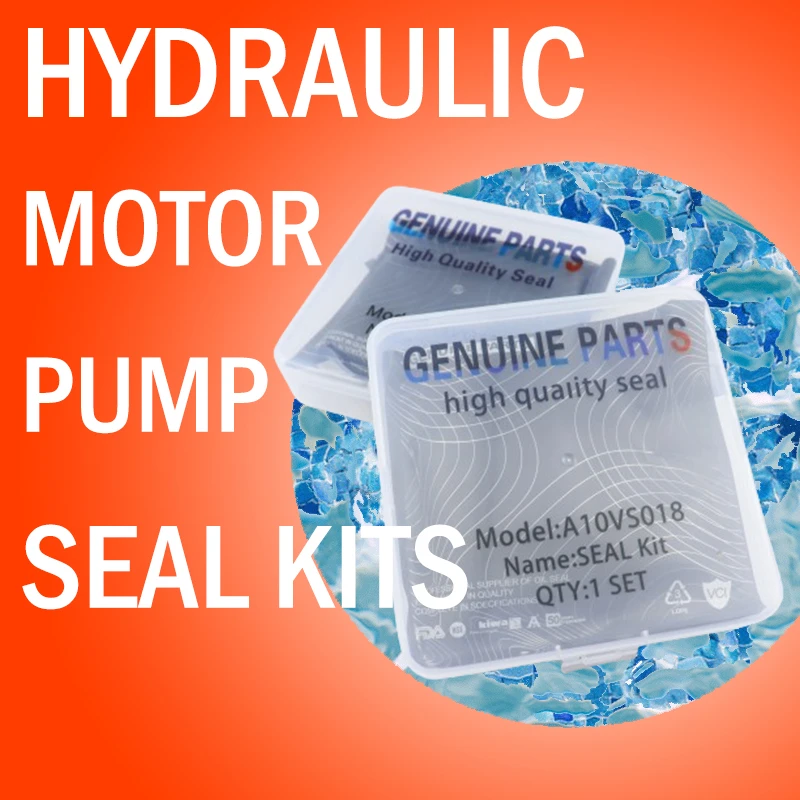Dec . 03, 2024 18:42 Back to list
High Temperature Shaft Seals for Enhanced Performance in Extreme Environments and Applications
High Temperature Shaft Seals Ensuring Reliability in Extreme Conditions
In many industrial applications, the need for high temperature shaft seals has become increasingly critical. These seals play a vital role in preventing leakage, maintaining the integrity of machinery, and extending the operational lifespan of various systems. As industries continue to push the boundaries of performance, the demand for seals capable of withstanding extreme temperatures has only intensified.
What are Shaft Seals?
Shaft seals are mechanical devices used to seal the junction between a rotating shaft and stationary components. They are essential in preventing the escape of lubricants or other fluids and protecting the interior of machinery from contaminants such as dirt, water, and dust. In applications operating under high temperatures, standard seals may fail due to thermal degradation, leading to costly downtime and maintenance issues. This is where high temperature shaft seals come into play.
The Importance of High Temperature Seals
High temperature environments can be found in various industries, including oil and gas, aerospace, automotive, and power generation. For example, machinery operating in a steam turbine may experience temperatures exceeding 400°F (204°C). In such conditions, conventional sealing materials might soften, harden, or harden and break down, resulting in seal failure.
High temperature shaft seals are designed to endure these harsh environments while providing reliable sealing performance. They are typically made from advanced materials such as PTFE, silicone, or specialized elastomers, which can withstand elevated temperatures without losing their integrity. This thermal resilience is crucial for maintaining the performance and safety of machinery.
Types of High Temperature Shaft Seals
There are several types of high temperature shaft seals, each with its own unique benefits and applications
high temperature shaft seals

1. Lip Seals Often made from rubber or elastomers, lip seals are widely used due to their simple design and effective sealing capabilities. For high temperature applications, materials like fluorocarbon rubber or silicone are preferred for their thermal stability.
2. Mechanical Seals These consist of a pair of surfaces that slide against each other to create a seal. They are commonly used in pumps and rotating equipment. High-performance mechanical seals can be designed with materials that resist high temperatures and pressure, making them suitable for extreme environments.
3. Magnetic Seals Leveraging magnetic fields, these seals provide a contactless sealing solution that minimizes wear and tear. They are ideal for applications that require a complete barrier against contamination at high temperatures.
4. Composite Seals These seals combine different materials to achieve desired thermal and mechanical properties. For example, a composite seal might consist of a high-temperature elastomer bonded to a metal or ceramic substrate, offering both flexibility and strength.
Choosing the Right High Temperature Seal
Selecting the appropriate high temperature shaft seal is critical for ensuring the longevity and efficiency of machinery. Factors to consider include the maximum operating temperature, the type of fluid being sealed, the speed of the shaft, and environmental conditions such as the presence of chemicals or dust.
Additionally, it is essential to work with reputable suppliers who can provide seals tested for high temperature applications. Quality assurance and adherence to industry standards can significantly affect the performance and reliability of seals under extreme conditions.
Conclusion
High temperature shaft seals are indispensable components in modern machinery, especially in industries where operational conditions can be severe. By providing effective sealing solutions capable of withstanding high temperatures, these seals not only enhance machinery performance but also reduce maintenance and downtime. As technology advances, the development of innovative sealing materials and designs will continue to evolve, ensuring that industries can meet the demands of an increasingly challenging operating environment. Investing in the right high temperature shaft seals is, therefore, not just a matter of necessity; it is a strategic move toward operational excellence.
-
TCN Oil Seal Metal Ring Reinforcement for Heavy Machinery
NewsJul.25,2025
-
Rotary Lip Seal Spring-Loaded Design for High-Speed Applications
NewsJul.25,2025
-
Hydraulic Cylinder Seals Polyurethane Material for High-Impact Jobs
NewsJul.25,2025
-
High Pressure Oil Seal Polyurethane Coating Wear Resistance
NewsJul.25,2025
-
Dust Proof Seal Double Lip Design for Construction Equipment
NewsJul.25,2025
-
Hub Seal Polyurethane Wear Resistance in Agricultural Vehicles
NewsJul.25,2025
-
The Trans-formative Journey of Wheel Hub Oil Seals
NewsJun.06,2025
Products categories
















